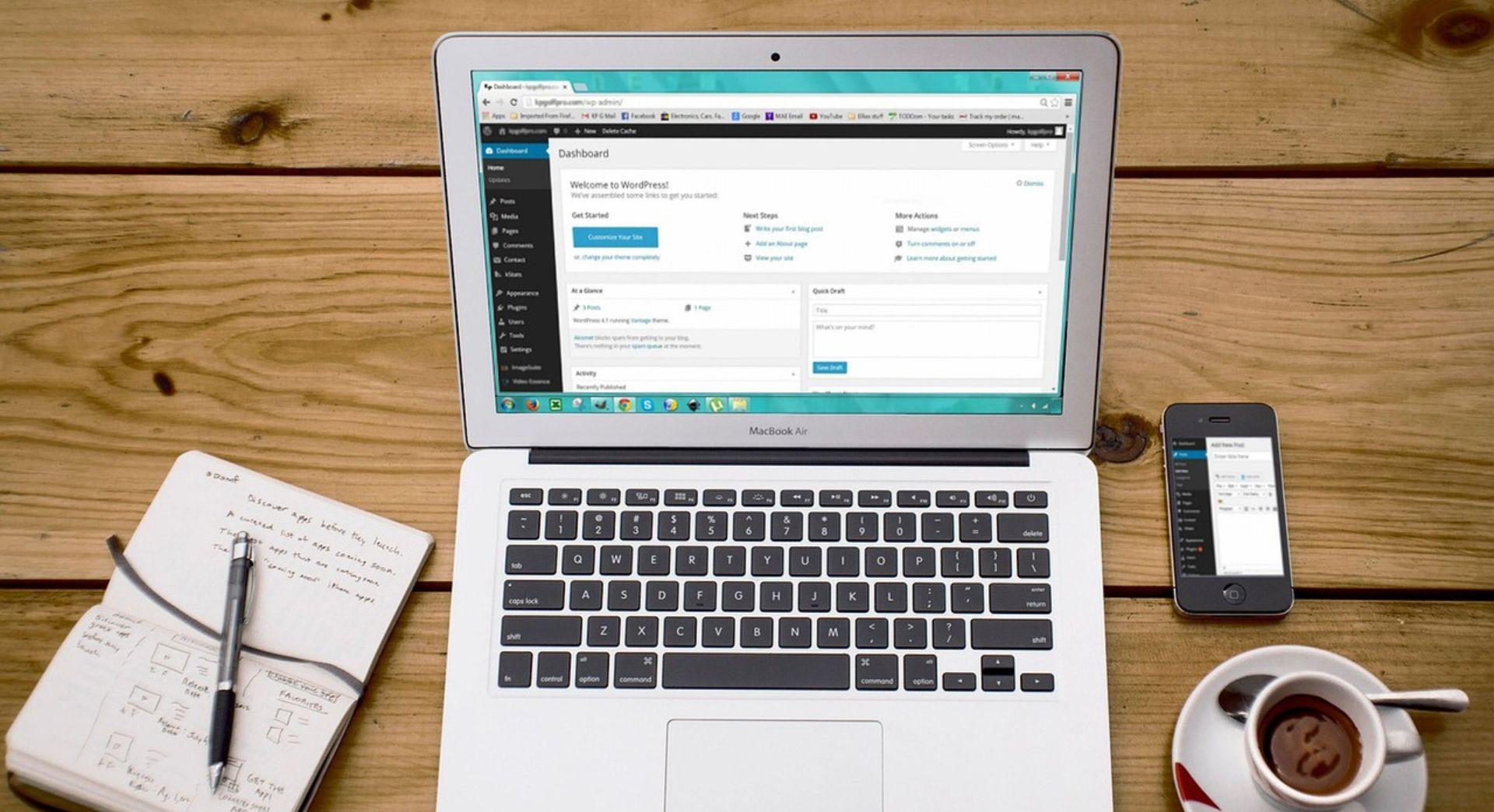It's a common worry: "How can I start a small business when I don't have any money to fund it?"
In this guide, we'll look at a range of small business funding options from how to get a business loan to bootstrap funding. We'll also examine the benefits and potential risks of each approach, so you can decide what's right for you. Let's get started.
Option 1: Family and friends
Borrowing money from family and friends may not be first on your list of small business funding sources, but you'd be surprised how many successful businesses are launched off the back of such loans.
Of course, the availability of these loans will depend on the circumstances of those around you. The good news is that if you are able to borrow from friends or family, you're likely to get much better terms than if you get a bank loan, or seek private investors. This should give you more freedom to run the business the way you see fit.
The downsides are that you may not be able to access all the money you need this way. There's also a possibility that if things don't go as well as you hope, your relationships with those you've borrowed money from may become strained. To reduce the chances of this happening make sure that you draw up an agreement as you would with any other kind of loan.
Option 2: Bootstrapping
Who needs a loan when you can reinvest your business's profits as you grow? This method, known as bootstrapping, is an excellent way to get a business off the ground if you're entering a sector with low start up costs.
Clearly, if you'll need to spend a large amount of money up front to start your business (for example if you want to start operate a food truck, you'd need money to buy the truck) then pure bootstrapping isn't an option.
You should also remember that you'll need money to live on too. Your fledgling business might not make enough at first so you can both reinvest and pay the bills.
Option 3: Not giving up the day job
Got a steady job? Then why not keep it on until your business can offer you a full time income? Of course, it'll mean that you're working two jobs (probably not for much extra pay at first) but it can make bootstrapping a business that much easier.
Just make sure you understand your position at work - you don't want to anger your current employer by competing with them, for example. After all, the idea is to stay in your existing role until your business can support you.
Option 4: Crowdfunding
There have been some huge crowdfunding success stories over the years, but the truth is it's an option that suits only a few types of business. You're unlikely to successfully crowdfund a marketing agency, for example.
Businesses that do well from crowdfunding tend to produce a product of some kind, which can be offered as a reward to backers. Charities and non-profit organizations also do well.
Perhaps the biggest downside of crowdfunding is getting the attention required to raise adequate funding. Although there are examples of successful campaigns that raise millions, it can be very difficult for the average small business owner to raise even a few thousand pounds.
Option 5: Private investors
Private investors are people who are willing to fund a business in exchange for a share of the company. They're often willing to help guide the business and can invest substantial sums of money.
On the downside, you'll be giving up at least some control of your company and the more money you raise through this method, the less say you'll have. And of course private investors aren't suitable for every kind of business - they'll only invest if they believe they stand a good chance of making a significant return on their outlay.
Option 6: Getting a small business loan from a bank
The obvious advantage of getting bank loan to fund your business is a lump sum of capital that you can use upfront, or to rapidly expand an existing business.
Perhaps the biggest downside is that if things go wrong, a loan of this nature can put your business at risk and cause you long-term financial difficulties. You'll need to secure the loan against an asset such as property, or business equipment. For this reason, it's important that you fully understand all the risks involved before you even apply for a loan.
Some key aspects you'll need to understand before you get a business loan include:
- How much money do I need and what will the money be used for?
- Is the amount of money I'm asking for realistic?
- How will I repay the loan? (In an ideal world, the answer is through increased profits, but it pays to have a backup plan.)
- Do I have a business plan? The bank will want to see one before it lends to you.
- Are you able to invest some of your own money too? Doing so will increase the likelihood of a bank lending to you
- Do you understand your own financial position? Access your credit history so you don't get an unexpected rejection.
Look into the terms of each loan, and the bank offering them. What will you have to pay back and when? And don't forget to investigate what other business owners are saying about the bank's customer service.
This probably all seems overwhelming, and there's certainly a lot to cover when applying for a business loan. For that reason, you may want to consider enlisting the help of a small business adviser. They'll be able to give you general tips on running your business, and can assist with things like drawing up a business plan, and even the loan application process itself. You can start looking for a small business adviser here.
Option 7 - Get a start up loan from the government
If you're a new business, then banks aren't the only place you can borrow from. You may also be eligible for a government start up loan. One of the biggest advantages of these is they're unsecured loan, meaning the financial risks are smaller. (Although if you fail to repay the loan you will still face significant problems). There's also free support to help you develop a business plan, and if your loan application is successful you'll get 12 months free business mentoring.
On the down side, the loan must be between £500 and £25,000, and you can only apply if your business has been running for less than two years. You can apply for a government start up loan here.
Option 8 - Peer-to-peer lending
Peer-to-peer lenders act as middle men between investors seeking a return, and businesses looking in need of funding. The advantage for businesses is that you're able to access a source of unsecured lending. On the downside, you may not get as much support as would if you borrowed through more conventional sources.
Options for peer-to-peer lending include Zopa and Funding Circle.
Summing up
There a plenty of way to fund a small business. That means it's crucial you do your research and make sure you pick the option that best suits your needs. And don't think you need to tie yourself to one option - often combining sources of business funding is the best way to go.
Looking to get a website for your new business? Then read our guide to getting your business online.






